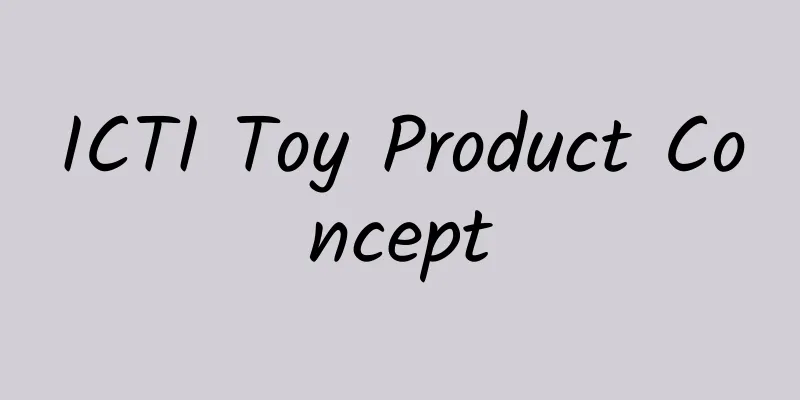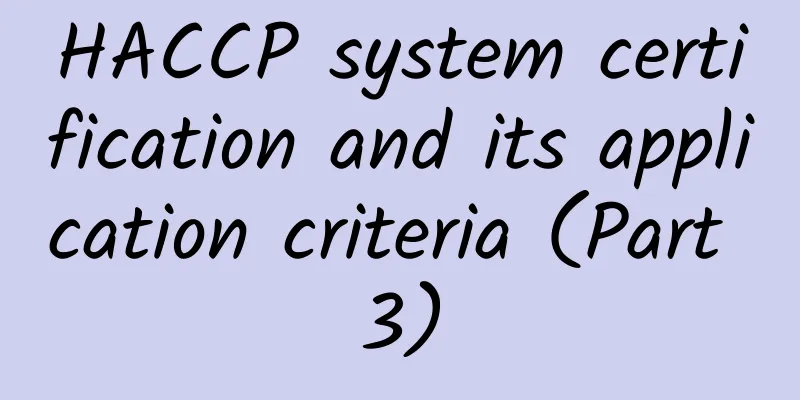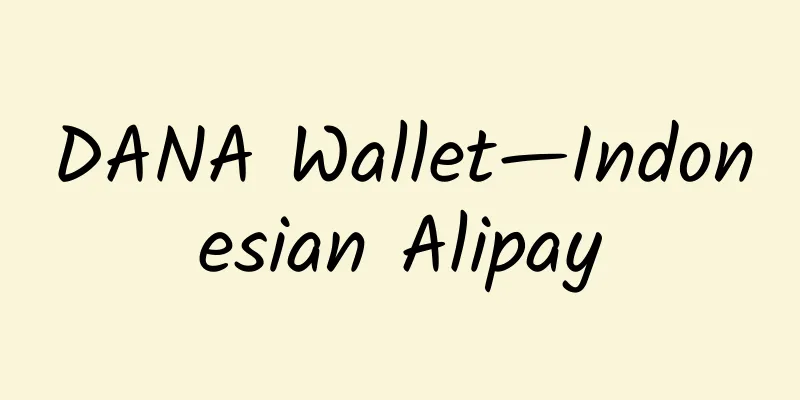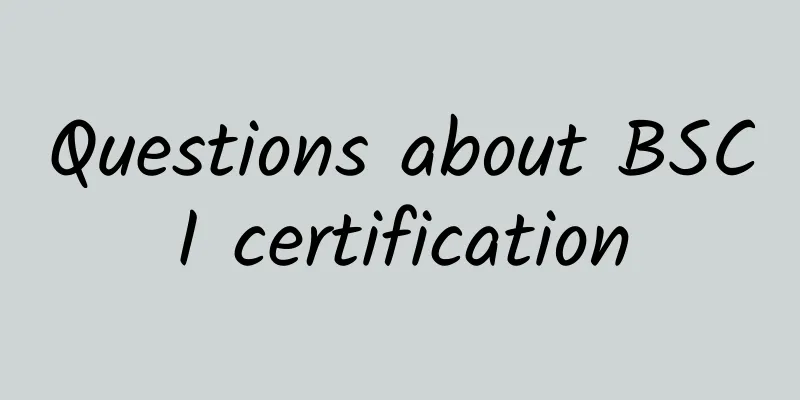|
What is ICTI?
ICTI is the abbreviation of the International Council of the Toy Industry. The association was founded in 1974 and includes toy trade associations in 20 countries and regions, including Australia, Brazil, Canada, China, Chinese Taipei, Denmark, France, Germany, Hong Kong, Hungary, Italy, Russia, Spain, Sweden, the United Kingdom and the United States. One of ICTI's requirements is to ensure that toys are produced in a safe and humane environment. To achieve this goal, the association has developed a set of simple, effective and humane audit standards, business codes of conduct and audit protocols for factories. With the successful completion of the ICTI certification audit, the factory will be awarded an ICTI certification certificate to indicate that it meets the terms of the above code.
ICTI's primary focus is on China because 80% of the toys produced there are sold to Western countries.
How to obtain ICTI certification?
Currently, only factories in China need ICTI certification. If a factory can prove that it has complied with the ICTI "Code of Business Conduct" after being audited by Intertek, it will be awarded this certificate. ICTI's monitoring checklist, guidance documents and "Code of Business Conduct" can be downloaded from the following ICTI website: http://www.toy-icti.org.
Support for ICTI certification Some US toy companies have committed to a "date confirmation" after which they will only accept toys/products produced in ICTI-certified factories.
Benefits of ICTI certification to suppliers:
1. Meet the mandatory requirements of customers;
2. Obtain ICTI certification and reduce COC factory inspection;
3. Respect employees’ lives and enhance corporate image;
4. Improve existing social responsibility management;
5. Enhance the competitiveness of enterprises;
6. Enhance the cohesion of the enterprise and achieve a win-win situation for both labor and capital;
7. Improve relations with trade unions and relevant stakeholders;
8. Develop cost-effective preventive measures against accidents and losses;
9. Exposure to hazardous factors at the workplace is reduced;
10. Comply with international trends and pursue sustainable business operations;
11. Comprehensive integration of quality, environmental and social responsibility management systems.
ICTI Main Content
ICTI strongly advocates that toy manufacturers must meet legal, safe and hygienic requirements in their operations, and advocates that toy factories adhere to three principles:
The first is “three no’s” – no child labor, no forced labor, and no prisoner labor;
The second is "four no restrictions" - no restrictions on gender, race, religion, or social affiliation;
Third, the factory complies with environmental regulations.
When non-member companies manufacture products for member companies, the relevant supply contracts must also stipulate that the supplier companies must adhere to these three principles.
For details, please refer to the English and Chinese versions of the International Toy Industry Council's Code of Business Conduct.
Procedures for applying for ICTI certification
COBP is not mandatory, and application for certification is voluntary. The procedure is as follows:
(1) Submit the COBP Certification Audit Application Form to ICTI. ICTI has set up the International Toy Industry Association Asia Company in Hong Kong to accept applications. The location is in the Federation of Hong Kong Industries.
(2) Pay the application fee and first year's annual fee to ICTI.
(3) Submit an application for factory audit to an ICTI-accredited audit agency.
(4) Hire a certification consulting firm to provide guidance and make preparations before the audit.
(5) The audit agency conducts an on-site audit.
(6) After passing the audit, the auditing agency reports to ICTI, and finally the association issues the ICTI COBP certification certificate.
(7) According to the results of ICTI audit, the certificates are divided into A, B, C and observation period certificates. Different certificates have different audit times.
ICTI's usual non-conformance items
1. Poor cleanliness and hygiene
2. Poor safety conditions
3. Environmental protection does not meet standards
4. Chemicals are unsafe
5. No person in charge of safety
6. No first aid training and fire drills
7. Failure to provide and use PPE
8. No MSDS
9. Overtime work
10. Wages below the minimum wage standard
11. Illegal employment of child labor
12. Illegal use of underage workers
13. Collecting deposits, confiscating ID cards or restricting personal freedom
14. Body searches, corporal punishment, and violations of workers’ rights
15. Wage arrears
16. No statutory welfare benefits
17. “Three-in-one” factory buildings, machines and equipment without safety devices
18. The dormitories are crowded and the accommodation conditions are poor.
19. Not inspected and issued a certificate by the local health department
20. Inadequate toilet and bathing facilities
21. Limited channels
22. No gender segregation
23. Inadequate ventilation equipment
24. The number and distribution of fire extinguishers and fire hydrants are unreasonable
25. Unsafe factors
ICTI Certification Audit Checklist NO. Project and content
1.1 Company Overview - Personnel Output Value (Brand) Market Analysis
1.b Company organizational chart/business license/employee handbook
1.f (Company) factory/plant floor plan
2.1 Working Hours Policy
2.3 Attendance records (one year)/leave request/reward and punishment records
3.1 Wage and Benefits Policy
3.3 Wage Sheet (One Year)/Piece-Rate Production Record
3.8 Social Security Approval/Payment Receipt
4.2 Child Labor Prohibition Policy/Recruitment Guidelines/Personnel Records/Labor Contracts
4.6 Minor Worker Registration Certificate and Work Arrangement/Physical Examination Record
5.1 Policy against forced labor
5.6 Policy against the use of prisoner labor
6.1 Policy prohibiting corporal punishment and abuse of workers
7.1 Anti-discrimination policy
8.2 Minutes of trade union and worker representative meetings
9.1 Health, Safety and Hygiene Policy
9.10 Daily waste collection and treatment records
9.11 Factory Building Structure Acceptance Certificate
9.12 Boiler and pressure vessel registration certificate/annual inspection certificate
9.13 Floor Load Test Report
9.15 Reference to water quality test report
9.18 Security Guard Certificate (Applicable in Guangdong Province)
10.11 Fire drill records, factory fire safety certificate
10.23 Lightning protection facility inspection report and certificate
10.26 Hot Work Procedures
10.31 Training records for personnel handling hazardous chemicals
10.35 Fire extinguisher use training records
11.4 Health and Safety Committee Structure Chart
11.16 Work-related medical accident handling records/prevention measures for recurrence
11.24 Workshop Air Monitoring Report
11.25 Procedural Documents on Hazardous Energy Control
11.29 Workplace Hazard Assessment Records
11.33 Registration/Acceptance/Annual Inspection Certificate for Elevator and Hoisting Equipment
11.42 Confined Space Working Procedures
11.45 Qualification (operation) certificate for special operations personnel (elevator/forklift/electrician/welder)
11.50 Hazardous waste collection and treatment records (qualification certificate, treatment contract)
11.51 Industrial Wastewater Discharge Permit
11.52 Environmental monitoring report of waste gas emission points
11.53 Domestic Wastewater Discharge Permit
12.7 Dormitory Building Structure Acceptance Certificate
12.8 Dormitory Rules and Regulations
12.13 Dormitory Fire Safety and Emergency Procedures
12.14 Canteen Hygiene Permit
12.16 Canteen Staff Health Certificate
12.20 Emergency Medical Incident Procedures
12.21 Medical staff/first aid personnel qualification certificate
12.26 Medical Waste Disposal Records |










